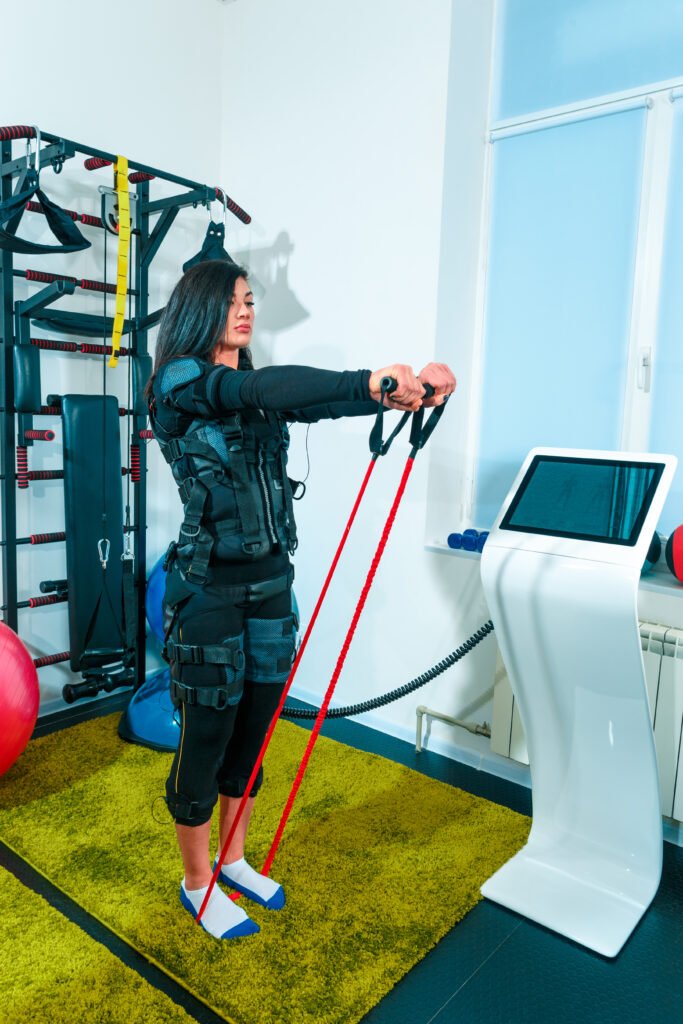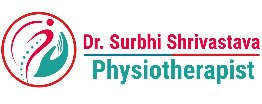Motor rehabilitation refers to a therapeutic process designed to restore and enhance an individual’s physical abilities and motor skills, especially those affected by injury, illness, or disability. This specialized form of rehabilitation focuses on improving the functioning of the neuromuscular system, encompassing aspects such as muscle strength, coordination, balance, and flexibility. Motor rehabilitation programs are tailored to address specific impairments and may involve a variety of therapeutic interventions, including physical exercises, occupational therapy, and other targeted activities. These interventions aim to optimize the individual’s independence and quality of life by fostering the recovery of motor functions, enabling them to regain control over their movements and participate more fully in daily activities.
Motor rehabilitation is commonly employed in the treatment of conditions such as stroke, spinal cord injuries, traumatic brain injuries, and neurodegenerative disorders, with the goal of promoting recovery, preventing complications, and maximizing functional outcomes for patients. The interdisciplinary nature of motor rehabilitation often involves collaboration among physical therapists, occupational therapists, and other healthcare professionals to provide comprehensive and individualized care for those in need.

Benifit of Motor rehabilitation
 Motor rehabilitation offers a multitude of benefits for individuals recovering from injuries, illnesses, or disabilities affecting their motor functions. Firstly, it plays a pivotal role in enhancing muscle strength, promoting flexibility, and improving overall coordination, which are crucial elements for regaining functional independence. By targeting specific motor impairments, rehabilitation programs help individuals regain control over their movements and reduce the limitations imposed by physical challenges. Moreover, motor rehabilitation contributes to the prevention of secondary complications such as muscle atrophy, joint contractures, and cardiovascular issues, promoting overall health and well-being.
Motor rehabilitation offers a multitude of benefits for individuals recovering from injuries, illnesses, or disabilities affecting their motor functions. Firstly, it plays a pivotal role in enhancing muscle strength, promoting flexibility, and improving overall coordination, which are crucial elements for regaining functional independence. By targeting specific motor impairments, rehabilitation programs help individuals regain control over their movements and reduce the limitations imposed by physical challenges. Moreover, motor rehabilitation contributes to the prevention of secondary complications such as muscle atrophy, joint contractures, and cardiovascular issues, promoting overall health and well-being.
Another significant advantage is the positive impact on daily life activities. Motor rehabilitation equips individuals with the skills and strategies needed to perform routine tasks, enhancing their ability to engage in self-care, mobility, and other essential activities. This, in turn, fosters a sense of autonomy and boosts self-confidence. Additionally, motor rehabilitation plays a role in improving balance and stability, reducing the risk of falls, and enhancing safety, especially for those with mobility-related concerns.
Motor rehabilitation F&Q's
The primary goal of motor rehabilitation is to restore and enhance an individual’s physical abilities and motor skills, particularly those affected by injury, illness, or disability. This includes improving muscle strength, coordination, balance, and flexibility to promote functional independence.
Motor rehabilitation is commonly employed in the treatment of conditions such as stroke, spinal cord injuries, traumatic brain injuries, and neurodegenerative disorders. It is designed to address specific motor impairments associated with these conditions.
Motor rehabilitation programs encompass a variety of therapeutic interventions, including physical exercises, occupational therapy, and other targeted activities. These interventions aim to optimize neuromuscular functioning and may be tailored to the individual’s specific needs and challenges.
Motor rehabilitation plays a crucial role in preventing secondary complications such as muscle atrophy, joint contractures, and cardiovascular issues. By targeting specific impairments and promoting overall physical health, it helps minimize the risks associated with prolonged immobility.
Motor rehabilitation addresses psychological aspects by incorporating goal-setting, progress tracking, and a holistic approach to recovery. This contributes to improved mental well-being, a positive outlook on the recovery journey, and a sense of accomplishment for individuals undergoing rehabilitation.
Motor rehabilitation positively impacts daily life activities by equipping individuals with the skills and strategies needed to perform routine tasks. It enhances self-care, mobility, and other essential activities, fostering autonomy, self-confidence, and a greater ability to participate in daily life.
